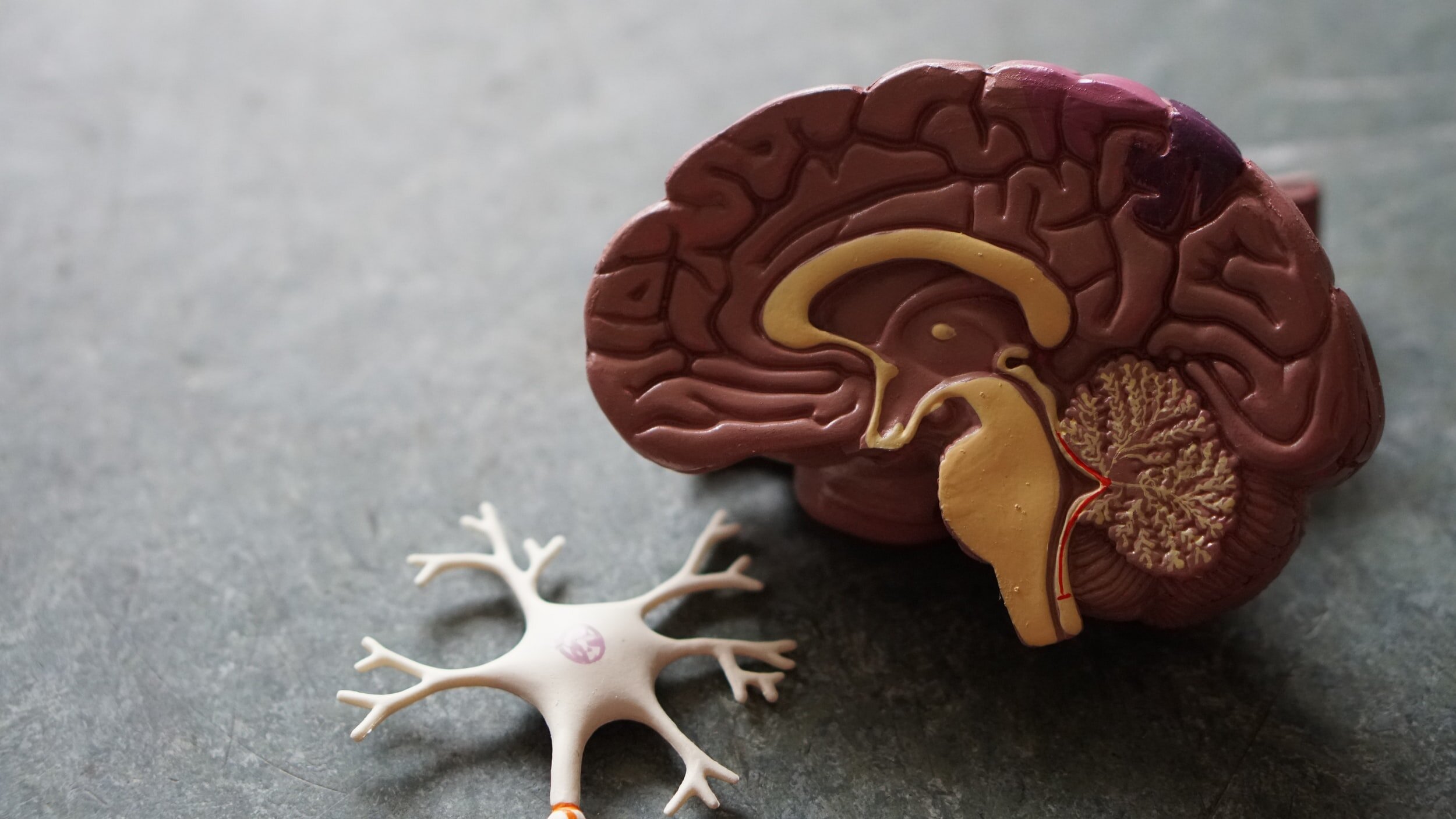Hatching Ideas Lab Blog.
The Hatching Ideas lab posts monthly blogs surrounding mental health, suicide, social vulnerability, and other similar topics. The topics discussed may prompt unwelcome reminders, and we ask our readers to use their discretion when reading. In case of an emergency, please contact your local health provider or dial emergency medical services (9-1-1).

Debunking Misconceptions About Crisis Hotlines
Feeling connected with family, friends and our community can decrease anxiety and depression, help regulate emotions and improve quality of life [1]. The need for human interaction is always crucial, however, it is especially important while we are in the midst of a global pandemic, even if it doesn’t come in a traditional, physical form.

“You have memories to look back on today”: Social media and grieving suicide
I have written previous posts for the Hatching Ideas Lab blog about losing my cousin to suicide in 2017. A lot of feelings and questions arise when you lose a loved one to suicide but one of the things I continue to struggle with is how to grieve and move on from this loss when I am constantly reminded that he is gone, either through his social media profiles, Facebook’s “memories” feature, or reminders about his birthday.

Why we do what we do: New directions for the Hatching Ideas Lab
As I write this, we are emerging (hopefully) from the COVID-19 pandemic. And if the pandemic has told us anything it is that we are not “all in this together”. COVID-19 has disproportionately affected communities and countries around the world. Generally, those people who have fewer access to resources whether through systemic racism, economic or policy reasons have suffered more.

Brain Health Awareness Month
Brain Health Awareness Month is a global awareness campaign to promote brain research and celebrate the brain. My love for learning about the brain began during a Psychology 101 lecture, after my professor finished a class on neural transmission. He ended the lecture by telling us that any thought or emotion we had ever had or experienced, no matter how magical or unique it may have felt, was “nothing more than a series of neurons firing.”

International Women's Day: A Call to Action
“The story of women’s struggle for equality belongs to no single feminist nor to any one organization but to the collective efforts of all who care about human rights. ”
— Gloria Steinem

Strength in Voices, as Light Once Again Takes Over Darkness
Tracing back a number of years, medical students have chosen a plethora of topics to dedicate advocacy and research efforts. Whether it be in targeting clinical issues affecting society, social climates needing exposure and reform, or healthcare in Canada generally, these topics seep into all aspects of the determinants of health.

Making Space to Speak the Unspeakable: Talking About Suicide
Suicide can feel unspeakable because for many of us, being in a place where living no longer feels like an option is unimaginable. In conversation, you may have noticed that it is not uncommon for the word “suicide” to be whispered or mouthed as an acknowledgment that something here is taboo. It is an emotionally charged word, loaded with feelings of blame, anger, guilt, sadness, and shame. No matter your lived experiences, speaking about suicide in some way forces us to confront the existence of these complicated and often deeply uncomfortable emotions.

Calling People What They Want to be Called
During our lab’s last Twitter live-chat, one of the topics that generated lively debate was that of language. Specifically, we asked what kind of language was appropriate to use when describing people who use mental health services. Opinions were varied, but I did like one response in particular: @MarkOneinFour suggested that, in terms of word-choice for a mental health service-user, “I think it might be more ‘call people what they want to be.’” A simple and elegant solution.

Inclusivity and Power: A Series on Language in Mental Health Research
We know that language is powerful, and that when we speak about important issues, the weight of words has the potential to both empower and dispossess. We also know that this is not a simple or unambiguous topic, but is one that is deeply contested, and rightly so. The terms used to describe us can become our identity, and so the words we choose is something that deserves careful consideration.

Listening to Learn to Listen: Travel Bursaries, Engagement and REFLECT 2018
As mentioned in our previous post, this week’s blog entry concerns a comment made by Twitter user @unsuicide, who sent us the following message on the 14th of August regarding travel bursaries for REFLECT 2017, “Would like attempt survivors from FNIM[i]/remote areas to attend with registration/transport bursary. Travel’s prohibitive in Canada.” A message that was well-received.

World Gratitude Day - Finding Sanctuary in "Enough"
During one of my most personally challenging semesters at school, a peer encouraged me to reflect on things that I was thankful for. With this in mind, I started a “3 good things jar,” where before bed each night I would write down three things that I was grateful for that day and place it in the jar.

World Suicide Prevention Day, Pesticides, and Syngenta - A Poisonous Mix?
Over the course of my career, I’ve been privileged to work in several low income countries, both clinically and to support post-graduate education. More recently, I’ve been regularly providing support at a psychiatric hospital in Vietnam. Unlike countries such as Canada, when discussions of suicide occur in these places the first questions clinicians ask usually don’t involve asking about overdoses of prescribed medication or hanging. Instead, much more commonly patients will be asked about ingesting pesticides.

World Suicide Prevention Day
World Suicide Prevention Day (WSPD) happens every year on September 10th. It is a day that I have acknowledged since I starting working for the Hatching Ideas team as a reminder that the work that we do is important and valued. This year, however, WSPD has taken on a much more personal meaning to me. This year, my family suffered a great loss. My cousin died tragically at the age of 41. He had struggled with anxiety and depression for quite some time and, for the last three years, was dealing with chronic pain. On April 28, 2017, my cousin died by suicide.

Putting Care Back into E-Therapy
Advocates of computerised therapies currently promise a great deal, but to date the delivery of these therapies has been disappointing. For example, the largest trial of computerised therapies in routine clinical practice, the REEACT trial, found no difference between those offered one of two guided computerised Cognitive Behavioural Therapy (CBT) programmes, and usual care by UK family doctors[i]. Similarly, trials of “telehealth,” typically including regular monitoring and advice, have shown no or very little improvement over routine care[ii], [iii]. So while individual randomised clinical trials show that using technology can improve outcomes, there remains a problem with implementation outside of controlled settings.

The Impact of Mental Health Research on Staff
As researchers, when we are preparing to launch a study, we dedicate a lot of time to creating policies and procedures to ensure that our participants are well taken care of during their time working with us . We have long discussions about warning signs that indicate when a participant may be worsening and how to respond during crisis situations. Conversations about burnout among research staff when working with high-risk participants are much less common.

Hatching Ideas Journal Club: Innovative Methods and Consent to be Monitored
Your smartphone continues to learn more and more about you. It knows who you talk to, and for how long. It knows how long people take to reply to you, and it knows where you are at all times. It has also begun to learn more and more about your body. It can know your pulse rate, your gross motor movements and even your sleeping patterns.

A Hybrid Theory: Anniversaries and Suicide
The July 20th death of Chester Bennington, the lead singer of Linkin Park, was a tragedy. His story is familiar to anyone who works with suicidal men – a history of childhood neglect, sexual abuse and drug use – one that he was somehow able to overcome, and front a successful band. The question remains, however, why now?

On Participant Burden
Last week BEACON finally submitted all our documentation to Clinical Trials Ontario to start their ethical review. As part of this, we had to consider the issue of participant burden in the cohort study.

Do men and women respond differently to treatments for suicidal thoughts or behaviour?
An interesting review article this month which is relevant to BEACON from the good folks at the Black Dog Institute. They did a systematic review looking at the different effects of treatment in men and women on suicidal ideas and behavior.